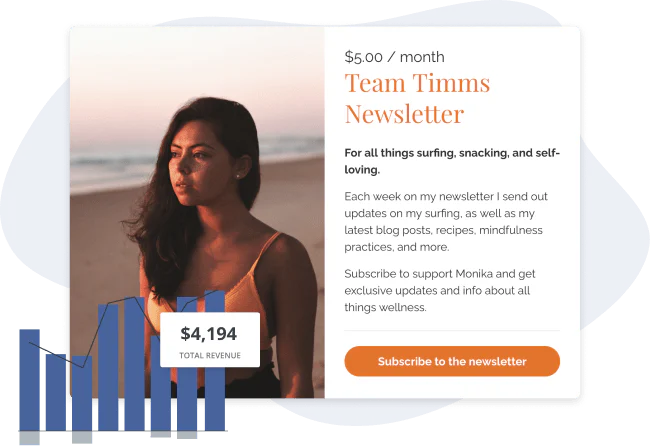In this Article
- Ideas for tech online courses
- Ideas for arts and creativity online courses
- Ideas for business and personal development online courses
- Ideas for travel online courses
- Ideas for money and finance online courses
- Ideas for health and wellness online courses
- Ideas for marketing and sales online courses
- Ideas for cooking and baking online courses
- Ideas for home and lifestyle online courses
- How to find the best online course topic in 3 steps





